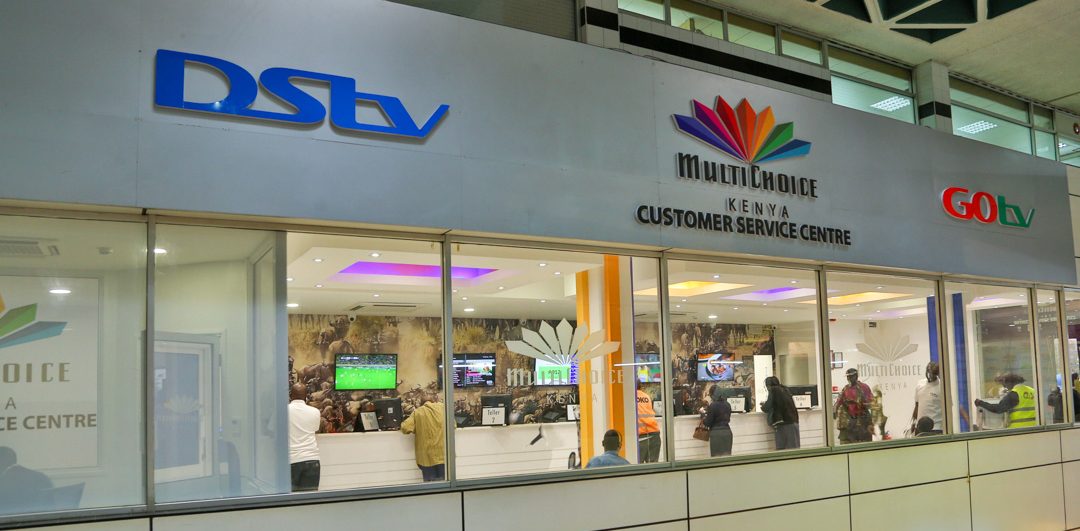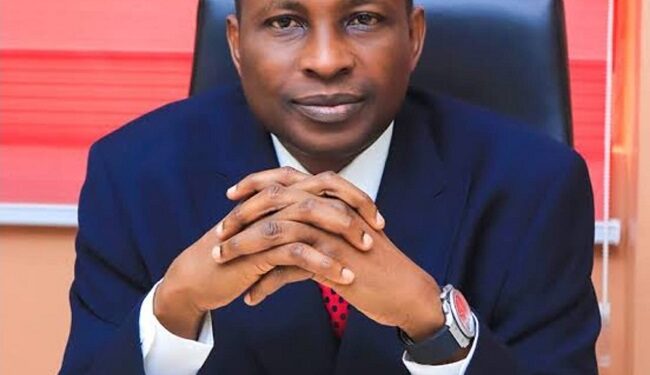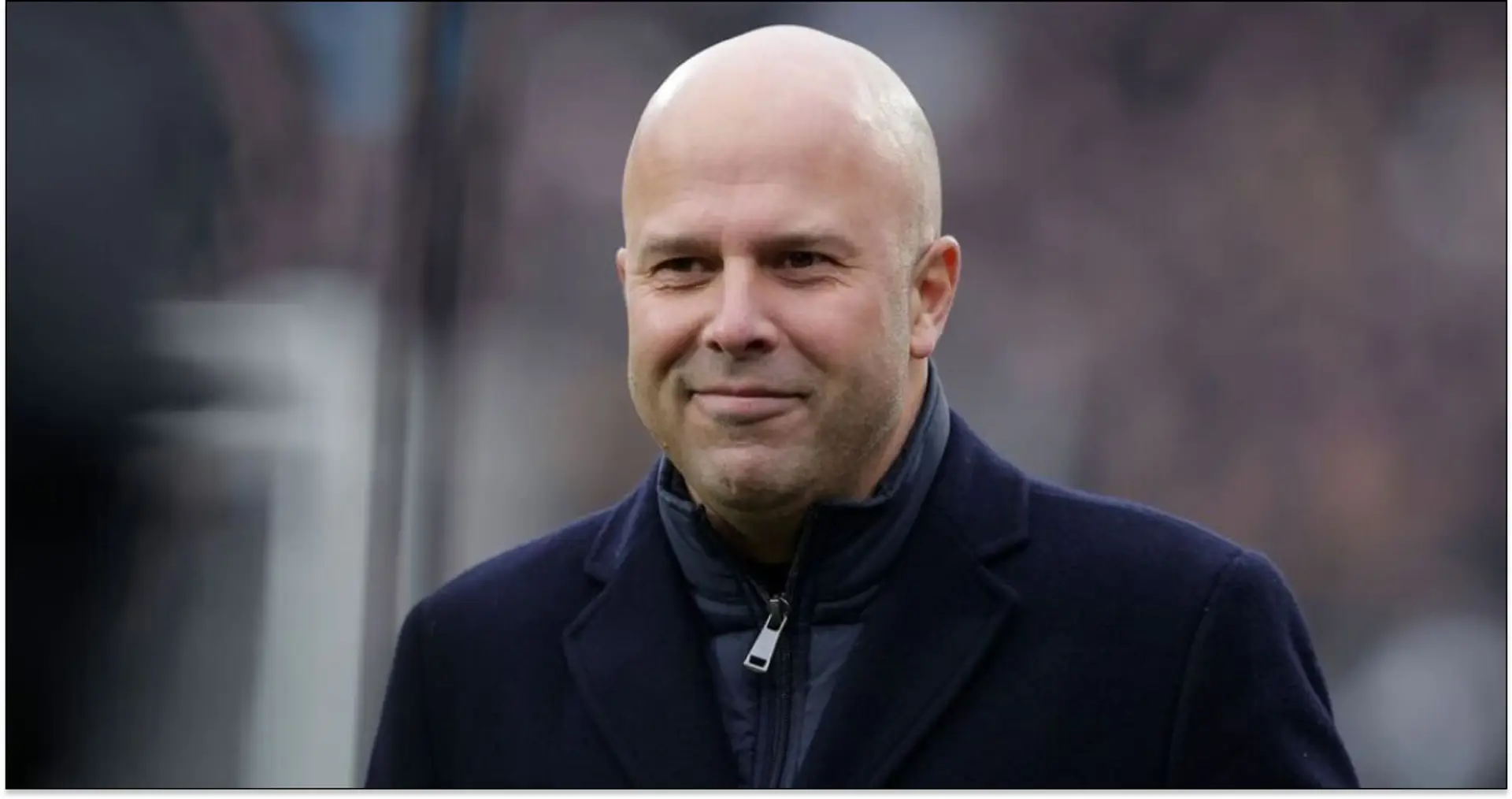Following the hike in the electricity tariff by the federal government, Trade Union Congress (TUC) of Nigeria has issued a stern warning demanding the Federal Government to reverse its decision to old tariff or face its wrath.
Accordingly, the Federal Government had yesterday announced that it has increased the electricity tariff payable by power consumers yesterday across the country.
It was reported that the approval for the hike in tariff was issued by the Nigerian Electricity Regulatory Commission, NERC, a government agency which says the increase was varying depending on the category of consumers, effective January 1, 2021.
Some moment after the news of the tariff hike broke out; the NERC issued a statement denying that the hike contrary to the reports was not 50%.
NERC blamed the general inflation in the country on the foreign exchange rate for its decision for the hike from N2 to N4 adjustment.
The electricity regulatory body during its interim review in December 2020 on Multi-Year Tariff Order, MYTO, and Minimum Remittance Order implement the tariff hike just two months after an attempted hike that attracted widespread agitation in November 2020.
The MYTO Order containing the new tariff price, Order NERC/225/2020, was signed by the new Chairman of NERC, Sanusi Garba, and it supersedes the previous Order NERC/2028/2020.
While justifying the reason for the new hike, the commission said it considered the 14.9 per cent inflation rate rise in November 2020 and foreign exchange of N379.4/$1 as of December 29, 2020.
Other reasons were available generation capacity as the United States inflation rate of 1.22 per cent and the Capital Expenditure of the power firms prior to rising of the tariff.
According to NERC, contrary to the reports circulating, the new tariff would be effective in June 2021 while the Cost Reflective Tariff would take effect from July to December 2021.
The commission also revealed that it was carrying out another review for a new tariff, hence the latest order announcing the increase in the rates payable by consumers.
In November last year, the commission announced an increase in the tariff that lead to its face-off with the Organised Labour which was later negotiated on a dialogue table after labour threatened industrial action.
Subsequently, the tariff was reduced based on consumer classes and hours of the power supply being enjoyed by the consumer.
On November 1, 2020, the power distribution company kick-started the implementation of the revised electricity tariff that was jointly agreed upon by the organised labour and the government.
Deduction from the current MYTO tariff revealed that some power users would encounter an increase as much as N12 extra on the tariff.
Ibadan Disco, for instance, had an end-user allowed tariff of N34.1 per kilowatt-hour in 2020, but this was increased to N46.5 for the period of January to June 2021.
Tariff Increased by only N4 – NERC
However, contained in the public notice concerning the new tariff, NERC stated that it only hiked the tariff of some selected classes of electricity consumers.
It said, “The tariff for customers on service bands D and E (customers being served less than an average of 12hours of supply per day over a period of one month) remains frozen and subsidised in line with the policy direction of the Federal Government.
Meanwhile, In compliance with the provisions of the Electric Power Sector Reform Act and the nation’s tariff methodology for biannual minor review, the rates for service bands A, B, C, D and E have been adjusted by N2 to N4 per kWhr to reflect the partial impact of inflation and movement in foreign exchange rates.”
NERC insisted that the hike was not up to 50% as reported, saying the commission is committed to protecting electricity consumers in Nigeria from the failure of the operators to deliver better services.






















